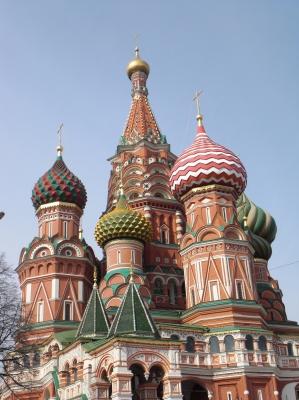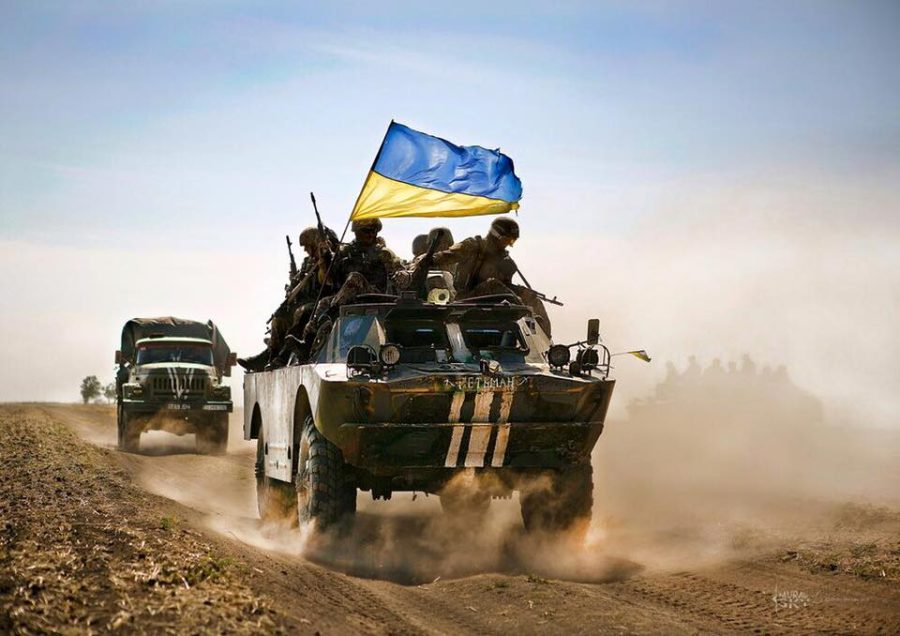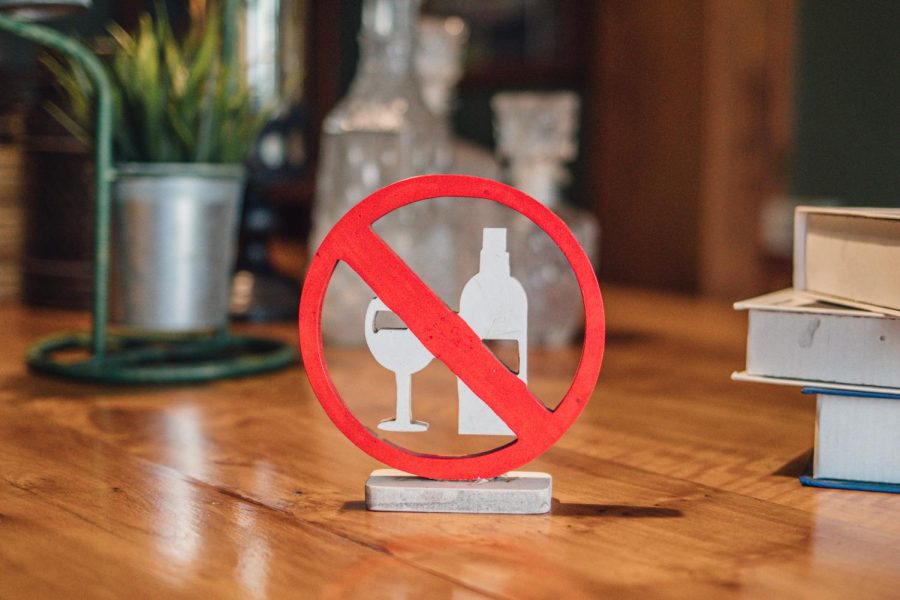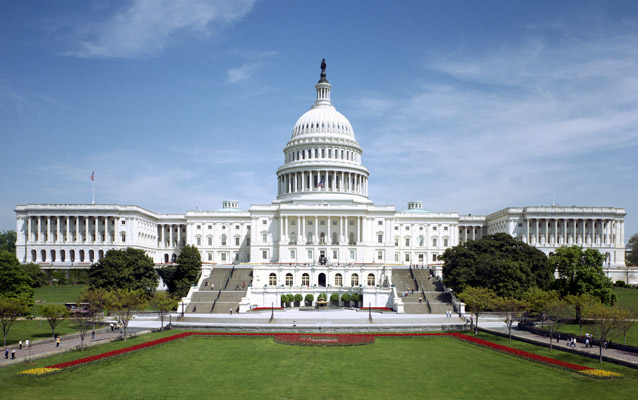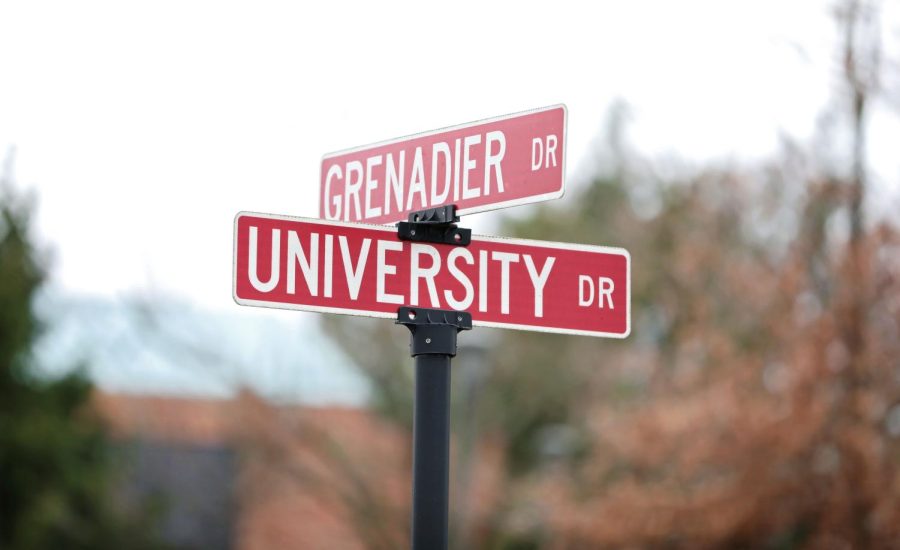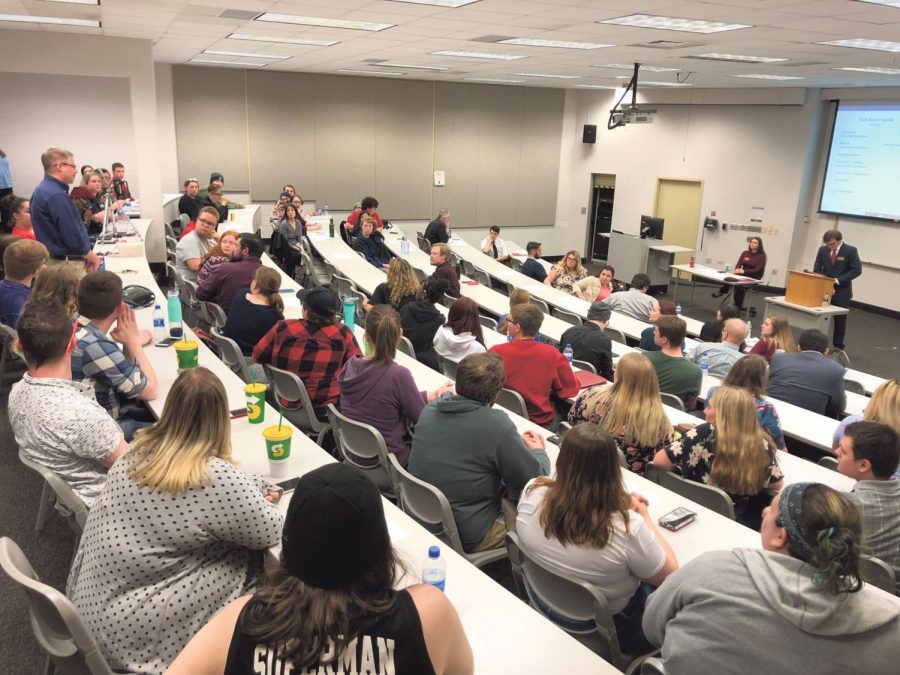
The Winter Olympics begin in less than two weeks in Sochi, Russia. The whole world will be watching as the top cold-weather athletes on the planet will compete for gold.
People will be tuned in to cheer on their countrymen and women in competitions like the bobsled, figure skating and curling. There will likely be just as many tuning in to watch the event for political reasons as there are to watch the events.
Both the Winter and Summer Olympics are no strangers to political theatre. The Olympics have been marred by demonstrations protests, and occasionally tragedy, like what occurred in the 1972 Summer Olympics in Munich, when Palestinian terrorists took 11 members of the Israeli Olympic team hostage and eventually killed them.
There was Jesse Owens, a black athlete that went into Nazi Germany during the 1936 Olympics in Berlin and won four gold medals while Adolf Hitler watched from the stands.
Another memorable moment occurred when track stars Tommie Smith and John Carlos stood on the winner’s podium at the 1968 Olympics in Mexico, with their heads bowed and right fists in the air, a moment of solidarity in protest of segregation.
The 2014 Winter Olympics have endured some level of controversy already. At the center of this controversy is the current president of Russia, Vladimir Putin.
Putin has come under scrutiny from human rights groups like Human Rights Watch. The group, based in New York, claims that Putin has used government officials in a “nationwide campaign” against civil liberty groups and those who oppose him.
A couple of the most notable incidents are the arrests of three members of the all-female punk rock band Pussy Riot for “hooliganism motivated by religious hatred,” during a performance at a church in Moscow. All three members were sentenced to two years in prison.
Another issue in Russia has been the rights of homosexuals. Putin recently signed a law that will allow Russian police officers to arrest any tourist or foreign national suspected of being homosexual.
The International Olympic Committee has said the law could mean that athletes, fans and trainers, could potentially be arrested if they are suspected of being homosexual.
To shed some light on the current situation in Russia, we spoke with Regina Smyth, associate professor of political science at IU Bloomington and the author of “Candidate Strategies and Electoral Competition in the Russian Federation: Democracy without Foundation”.
Q: What do you think Vladimir Putin wants to accomplish with these Olympics in Sochi?
A. There are two things. First, is to show that Russia is a modern, effective country and counteract the idea of Russia as a corrupt, authoritarian, inept and hostile regime.
Also, I think he is using the Olympics to regenerate some popular support among Russians who aren’t so supportive of him after the 2011 protests, and since that time his approval ratings have went down slowly but surely. So now the Olympics are putting Russia back on the big stage. Russians are very nationalistic, and having the Olympics go off well is great for Putin, because he can be seen as sort of the great leader of the Olympics. And that just feeds into this concept of re-birth after the Cold War.
Putin has lifted the ban on demonstrations in Sochi; however, protesters must get approval from authorities. How likely do you think we will see demonstrations and if so, on what level?
I think you will see a lot of demonstrations, and the more outlandish the better for Putin, because Russian society is by-and-large very intolerant on issues of gay rights. And the narrative from Putin is that western liberalism is forcing values on Russians that are inconsistent with their own values. So it would actually be a good thing for Putin to have all these wild pro-LGBT demonstrations there; that will illustrate that western values are wrong.
Putin has been criticized most notably for his imprisonment of members from the punk band Pussy Riot and his no-adopt policy of Russian children by Americans, but are there other concerns you may have that aren’t as well-known?
What concerns me more is recent re-organization of the state media and restrictions on protest participation. The restrictions that bother me the most are the ones that narrow who can protest the regime, and also how they can protest the regime.
When these Olympic Games are over and the dust settles, do you think Putin will go back to the same pattern of intimidation of his opposition?
Well the Russians do. I’ve spoken to some of my Russian friends who say, not only will he go back to repression, but he will be implementing some pretty tough fiscal reforms. Many Russians aren’t so concerned about what’s going to happen at the Olympics so much as what is in store for them after the Olympics.

